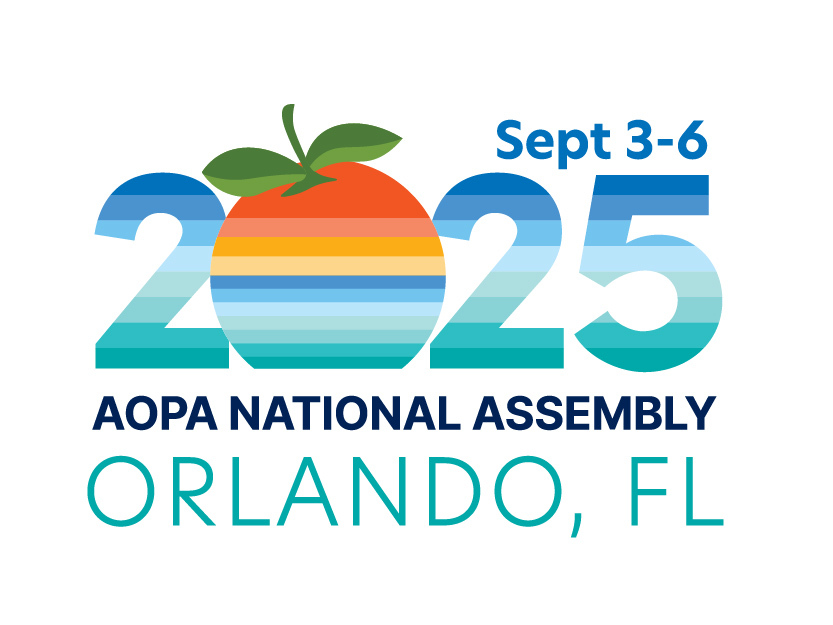Expert panel short presentations describing different aspects of Medical Necessity in P&O with a case-study based breakdown at the end and audience Q&A.
Medical Necessity reasoning for P&O devices and features is a public funding source (Medicare/Medicaid) requirement and often requested by commercial payers as well. However, many practitioners struggle with how to write medical necessity vs. functional needs or patient desires as reasoning for components or features. The definition of medical necessity is vague enough to require support in interpretation and application. Until passage of the 2018 law that our records are part of the medical record, we were not often required to make robust medical necessity arguments in our clinical notes as we are today. Therefore, more education and support in this area is needed. Likewise, the shift from fee for service to value-based care for custom devices especially, requires a shift from device delivery to provision of healthcare and being part of the healthcare team in all aspects not least of which is communication (records).
Learning Objective:
The audience will recognize the difference between medical necessity and functional needs or desires
Participants will gain a basic understanding of what type of medical record information can inform medical
necessity for an expected health outcome after provision of the prosthesis or orthosis
Participants will learn a method for processing medical information so it can be applied to medical necessity-based reasoning for prosthetic and orthotic care
Molly McCoy, CPO
CPO and clinical documentation specialist
Hanger Clinical & Scientific Affairs
Molly McCoy is a CPO, licensed in Washington state and graduate of University of Washington P&O program. Over her 28-year career in P&O she has worked as a clinician in both private and Hanger practices, full time lower limb prosthetics instructor at UW, and owner and chief consultant of McCoy Consulting working with small, independent P&O practices on clinical reasoning documentation strategies and on the payer side as a clinical reviewer. Molly has worked at Hanger in the department of Clinical and Scientific Affairs since 2018, supporting clinicians and management to communicate clinical reasoning effectively across the US healthcare system. Current work includes knowledge translation support for research, foundational conceptualization for artificial intelligence integration, E.H.R. template evolution, and legislative advocacy.
Jeffrey Heckman, DO in PM&R
Medical Director, Regional Amputation Center, Tampa
Veterans Administration
Jeffrey T. Heckman, DO is a board certified physician in Physical Medicine and Rehabilitation, staff physician at the James A. Haley Veterans' Hospital & Clinics, collaborative associate professor in the Department of Neurology at USF Health Morsani College of Medicine and serves as the medical director of the regional amputation center in Tampa, FL.
Andreas Kannenberg, MD (GER), PhD
Executive Medical Director
Ottobock HealthCare LP
Andreas Kannenberg graduated from Charité Medical School at Humboldt University in Berlin and worked as a physician in Germany for more than 10 years. He joined Ottobock in 2003 and has been serving as Executive Medical Director North America since 2013. He coordinates Ottobock's clinical research in the Americas and is part of a global medical and research team to consult R&D, product management, reimbursement and sales on medical subjects and provide medical support to negotiations with health care payers in the US and Canada. Andreas was presented 3 Thranhardt Awards, one Hamontree Award, and awarded the honorary membership of AAOP.
Key:

Complete

Next

Failed

Available

Locked
Video
Open to view video.
Quiz
10 Questions | 3 attempts | 80/100 points to pass
10 Questions | 3 attempts | 80/100 points to pass
CE Credits
1.75 S credits | Certificate available
1.75 S credits | Certificate available
| Access Date |
Quiz Result |
Score |
Actions |








